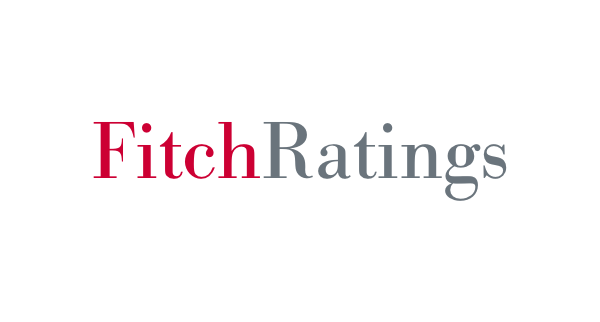
Global rating agency Fitch Ratings on Thursday kept India’s sovereign rating unchanged at the lowest investment grade of ‘BBB-’ with a stable outlook.
This is the 13th year in a row that Fitch has rated India at ‘BBB-‘. Fitch had last upgraded the rating from ‘BB+’ to ‘BBB-‘ with a stable outlook on August 1, 2006.
Fitch said India’s ratings balance a strong medium-term growth outlook and relative external resilience stemming from strong foreign reserve buffers, against high public debt, a weak financial sector and some lagging structural factors.
Fitch expects growth of 6.8 percent in the fiscal year ending March 2020 (FY20) and 7.1 percent in FY21, supported by accommodative monetary policy, an easing of bank regulations, and government spending.
It estimates real GDP growth to have slowed slightly to 6.9 percent in FY19 from 7.1 percent a year earlier. A deceleration in recent quarters has mainly been domestically driven, from weak manufacturing performance and low food inflation weighing on farmers’ incomes. Limited available indicators also point to a rise in unemployment.
As per a recent official GDP data, growth averaged 7.5 percent in the five years up to and including FY19, which is more than twice as fast as the historical ‘BBB’ peer median of 3.6 percent.
Talking on Lok Sabha polls, Fitch said general elections carried out from 11 April to 19 May 2019 result in some places temporary uncertain policy agenda. In the past 30 years, governments of different political persuasions have been generally reform-minded. The current government has implemented some ambitious and transformative reforms, notably the Goods and Services Tax (GST) and the Insolvency and Bankruptcy Code, while some other reforms so far seem to have had less traction.
It said the easing of foreign direct investment (FDI) regulations and a reduction in red tape appears to have reduced transaction costs, but difficulties in doing business in India continue to hinder progess, coinciding with lacklustre FDI inflows. Gross FDI inflows into India of 1.4 percent of GDP in the year through 3Q18 were below the 1.7 percent of GDP four years earlier.
The rating agency said polls indicate that the next government could have a smaller majority in the lower house of parliament, the Lok Sabha. They might find it more difficult to garner support for major reforms such as the GST. However, there seems plenty of potential for a continued focus on reforms, for instance through enhancement of the efficiency and effectiveness of the administration and the legal and judiciary system.
However, Fitch said India continues to exhibit some structural weaknesses relative to peers and is less developed on a number of metrics. Governance standards are still weak, as illustrated by a low score for the World Bank’s governance indicator (47th percentile versus the ‘BBB’ median of 59th percentile). India’s ranking on the United Nations Human Development Index (32nd percentile versus the ‘BBB’ median of 67th percentile) also indicates relatively low basic human development.



